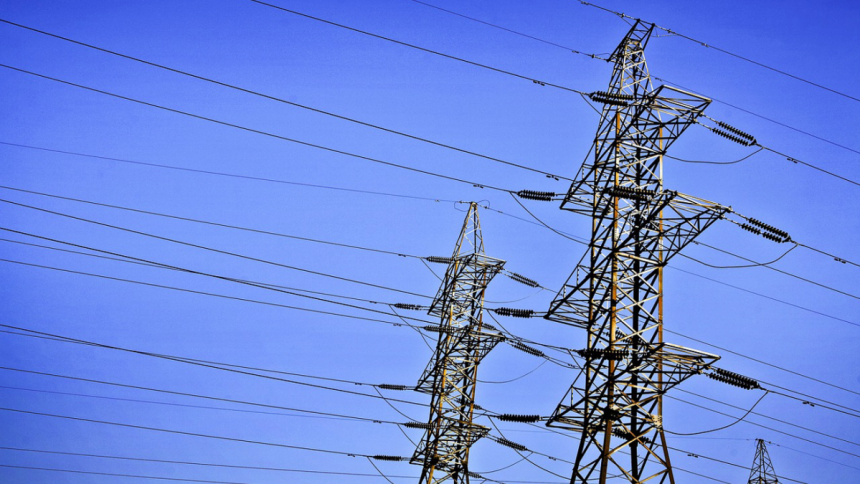Bus bars are an essential component in electrical power systems, designed to efficiently transmit electrical energy between high-current circuits and distribution points. These conductive bars, often made from copper or aluminum, play a crucial role in industrial, commercial, and residential power setups by ensuring reliable and efficient power transfer.
What are bus bars?
Bus bars are flat or hollow strips of conductive material, usually copper, due to its excellent electrical conductivity and durability. They serve as a central point in electrical systems to consolidate incoming power and distribute it to multiple outputs. Unlike traditional wiring, bus bars can carry substantial current loads in compact spaces, making them ideal for applications requiring efficiency and reduced energy loss.
Applications of bus bar
- Industrial power systems: bus bars are commonly used in manufacturing plants, refineries, and other large-scale industrial facilities. They connect generators, transformers, and distribution boards to power equipment seamlessly.
- Data centers: in environments where consistent power is critical, such as data centers, bus bars deliver uninterrupted power with minimal voltage drop, ensuring system reliability.
- Electrical panels: used in circuit breaker panels and switchgear, bus bars simplify connections and improve system maintenance.
- Renewable energy systems: solar and wind power setups utilize bus bars for distributing power generated by photovoltaic cells or turbines to storage and grid systems.
- Transportation systems: in electric vehicles, trains, and aircraft, bus bars provide efficient and lightweight solutions for power distribution.
Advantages of bus bars
- Compact design: The flat profile of bus bars reduces the space required for electrical distribution systems.
- High conductivity: Copper bus bars offer excellent electrical performance with minimal energy loss.
- Ease of maintenance: Their modular design allows for straightforward system upgrades and troubleshooting.
- Enhanced safety: Bus bars reduce wiring complexity, which lowers the risk of loose connections and overheating.
Why copper bus bars?
Copper is the preferred material for bus bars due to its high conductivity, durability, and resistance to corrosion. Copper bus bars can handle high currents efficiently while maintaining a long operational life, making them a cost-effective solution for robust power systems.
Visit: https://www.electrispower.com/products/bus-bars
Bus bars are a cornerstone of efficient engineering in power distribution. By consolidating and distributing electrical energy effectively, they ensure the reliability of modern power systems across various industries. For any application requiring streamlined and robust power distribution, bus bars are a superior choice.
Lynn Martelli is an editor at Readability. She received her MFA in Creative Writing from Antioch University and has worked as an editor for over 10 years. Lynn has edited a wide variety of books, including fiction, non-fiction, memoirs, and more. In her free time, Lynn enjoys reading, writing, and spending time with her family and friends.















